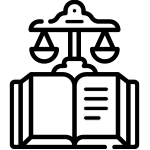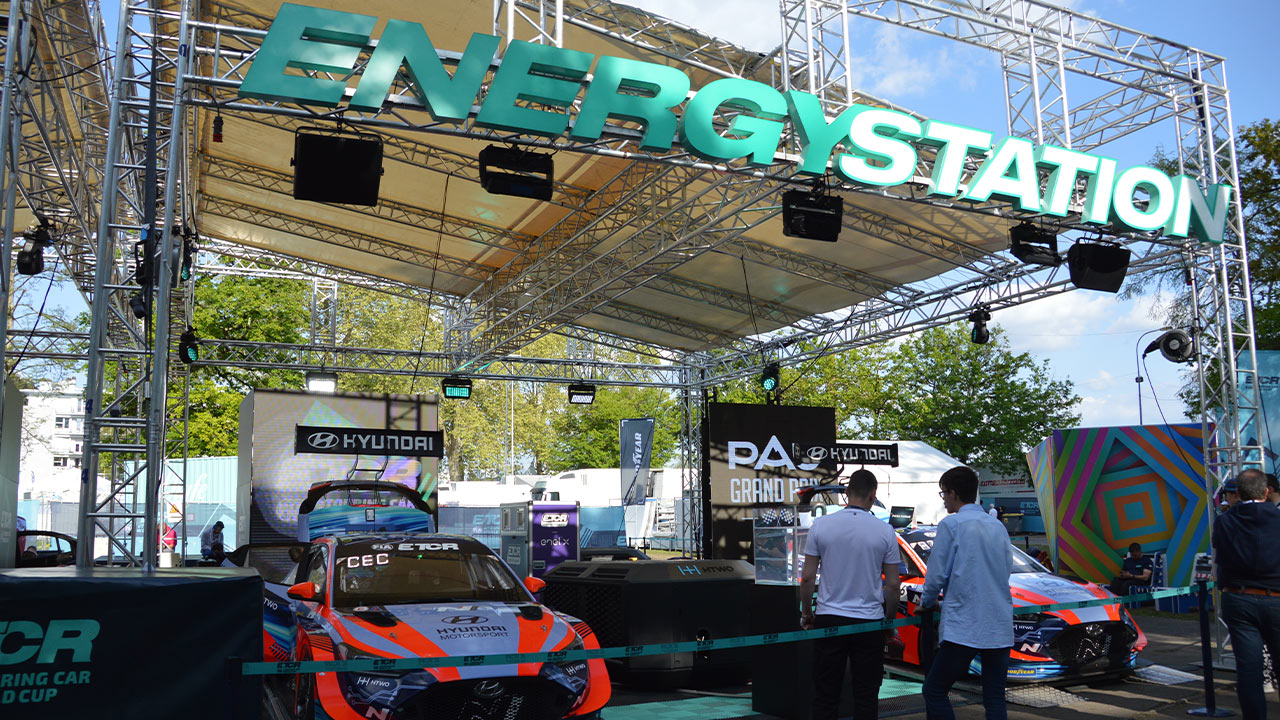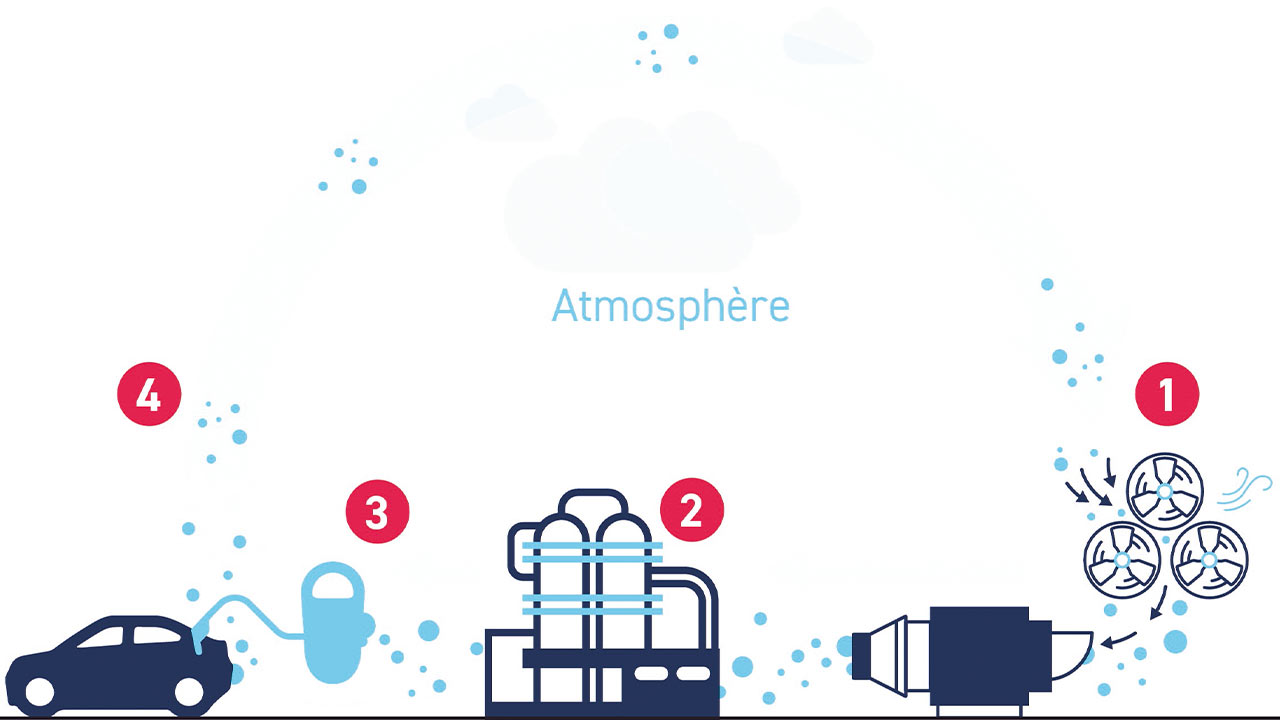
3e FORUM EUROPÉEN DES MOBILITÉS BAS CARBONE PAU 2024
Un rendez-vous de dimension européenne pour réfléchir sur les enjeux de la mobilité décarbonée
Pilier de l’économie, le transport représente également un quart des émissions de gaz à effet de serre de l’UE. Il est donc essentiel de réussir sa transition vers la décarbonation sans mettre en péril ni l’économie, ni notre société fondée sur la liberté de circulation.

Pourquoi un événement dédié à la mobilité décarbonée ?

Le contexte environnemental
Un besoin urgent de trouver des solutions, de nouvelles pratiques pour adapter nos usages, la manière dont nous produisons, consommons, nous déplaçons face à l’impératif climatique.
LE FÉBUS
Bus à hydrogène de l’agglomération Pau Béarn Pyrénées

Le contexte réglementaire
Un besoin global de comprendre, appliquer et anticiper les nouvelles réglementations, du Green New deal européen, à la Norme Euro 7 en passant par le déploiement des ZFE en France.

Recenser les solutions bas carbone
Un besoin grandissant de réunir les acteurs et services pour le déploiement de véhicules et autres solutions de mobilités bas carbones, les infrastructures et équipements, les solutions énergétiques, moyens de financement, …

Rassembler tous les acteurs
Un besoin partagé par tous de réunir tout l’écosystème nécessaire au déploiement de la mobilité décarbonée : les acteurs privé et public, experts et utilisateurs, …
Un événement intégré au programme annuel du Pau Motors Festival de la Ville de Pau
Quand la volonté affichée de neutralité carbone d’un territoire conduit à un projet innovant. Celui de renouveler en profondeur un événement patrimonial, le Grand Prix automobile de Pau, pour l’installer au service de la transition énergétique et des nouvelles mobilités.
L’écrin historique de la course de légende en centre-ville de Pau servant la mise en scène d’un nouveau festival, vitrine européenne des propulsions électriques, des solutions hydrogènes, des nouveaux carburants mais aussi célébration des grandes heures de l’automobile et des pilotes d’exception.
C’est ce pari qu’a su relever le Pau Motors Festival lancé en 2022.
L’orientation nouvelle du Pau Grand Prix a permis au grand public de découvrir et de mieux comprendre les différentes technologies existantes pour la décarbonation du secteur du transport et des mobilités institutionnelles. En 2022 et 2023, pour le retour de l’épreuve après 2 années d’interruption dues à la Covid-19, la nouvelle formule de l’événement a rassemblé en moyenne 150 000 visiteurs sur 2 week-ends et a bénéficié d’une forte couverture médiatique.
Avant d’imposer en 2025 son nouveau rythme calendaire, le Pau Motors Festival profite de 2024 pour effectuer sa mue au niveau organisationnel et fonctionnel, tout en proposant un calendrier de rendez-vous complémentaires au premier rang desquels se trouve le Forum Européen des Mobilités Bas Carbone Pau 2024, doté d’une nouvelle ambition et d’une nouvelle approche en matière de contenu.

« Un événement au service des enjeux des nouvelles mobilités »

Un événement réalisé en Béarn :
une terre d’énergie tournée vers la neutralité carbone
Une stratégie affirmée de neutralité carbone
À Pau : l’ambition d’atteindre la neutralité en 2040, soit 10 ans avant l’échéance européenne.
En Béarn : des trajectoires accélérées des différentes filières industrielles pour atteindre le Net Zéro.
Un Territoire d’Industries qui fédère les initiatives en faveur d’un écosystème Hydrogène.

Une terre d’excellence industrielle et technologique
Des entreprises à rayonnement international sont implantées à Pau : géosciences, énergie, chimie, aéronautique, agroalimentaire, Intelligence Artificielle…

Des centres de recherche et une Université de premier plan
















